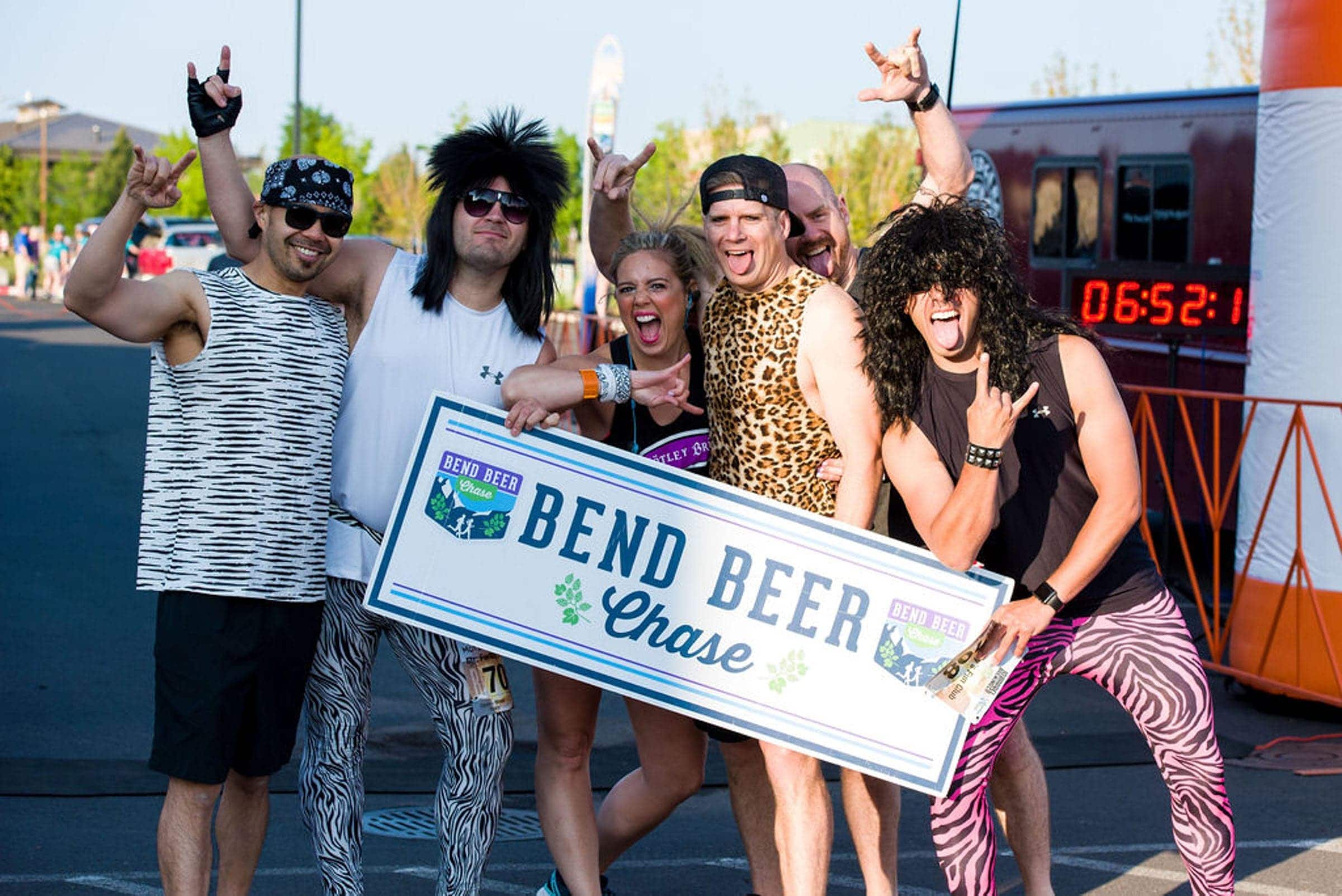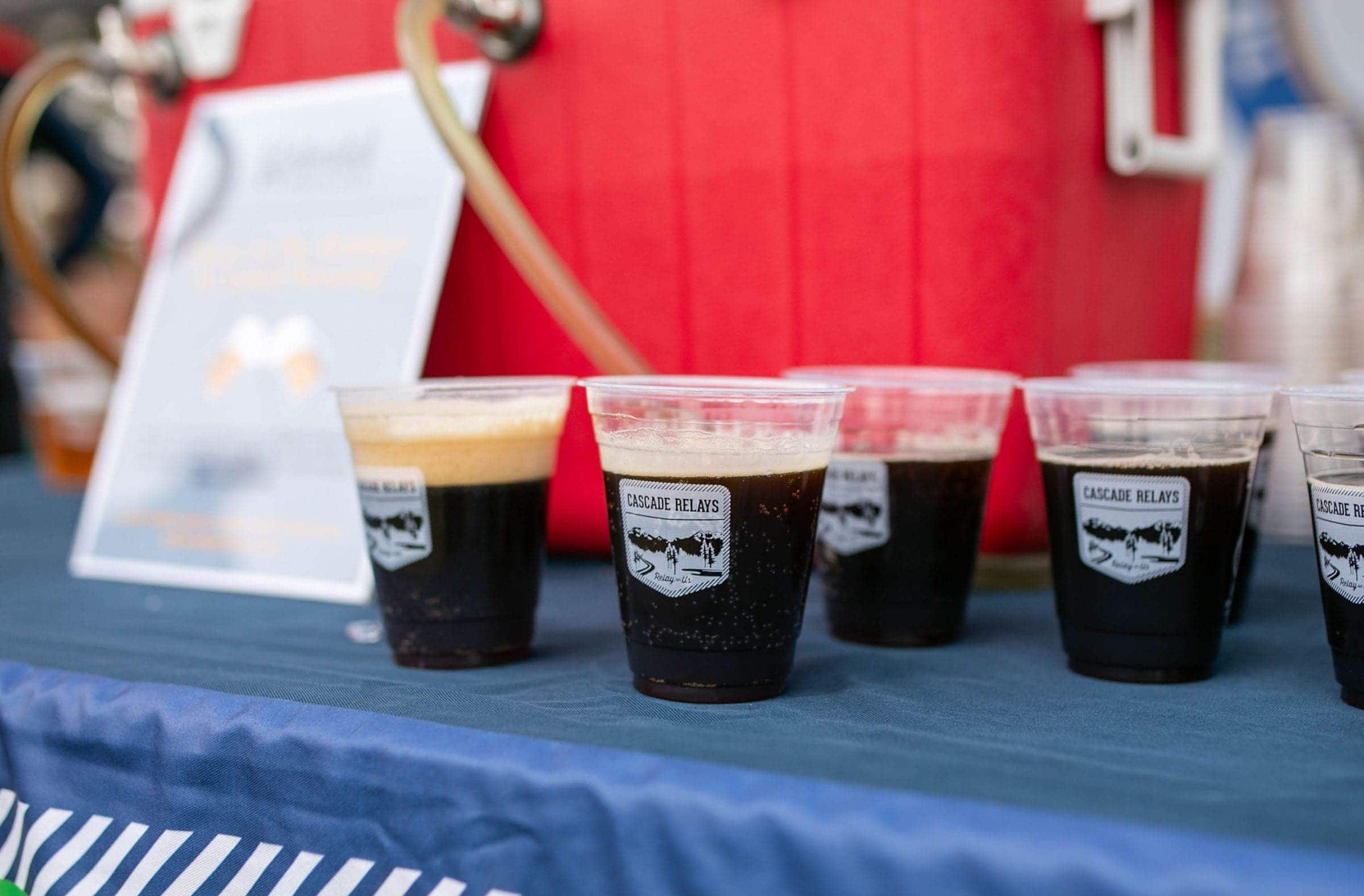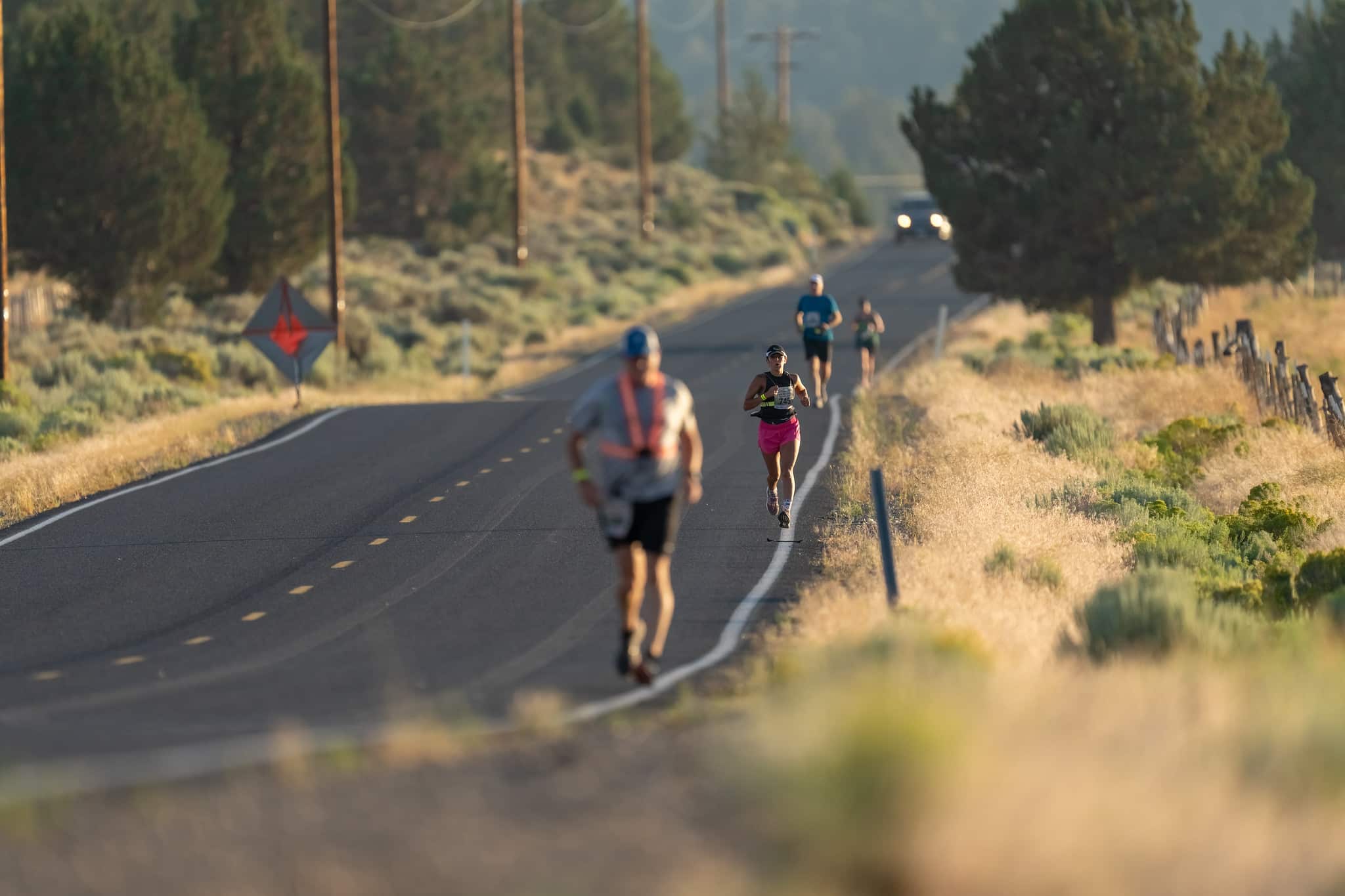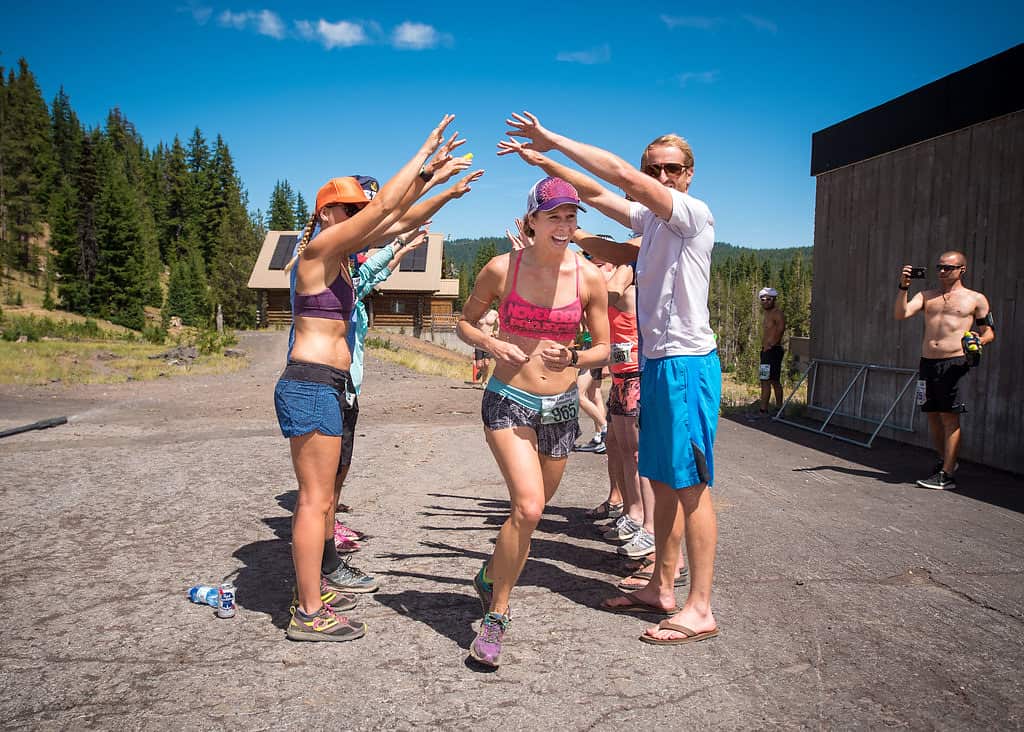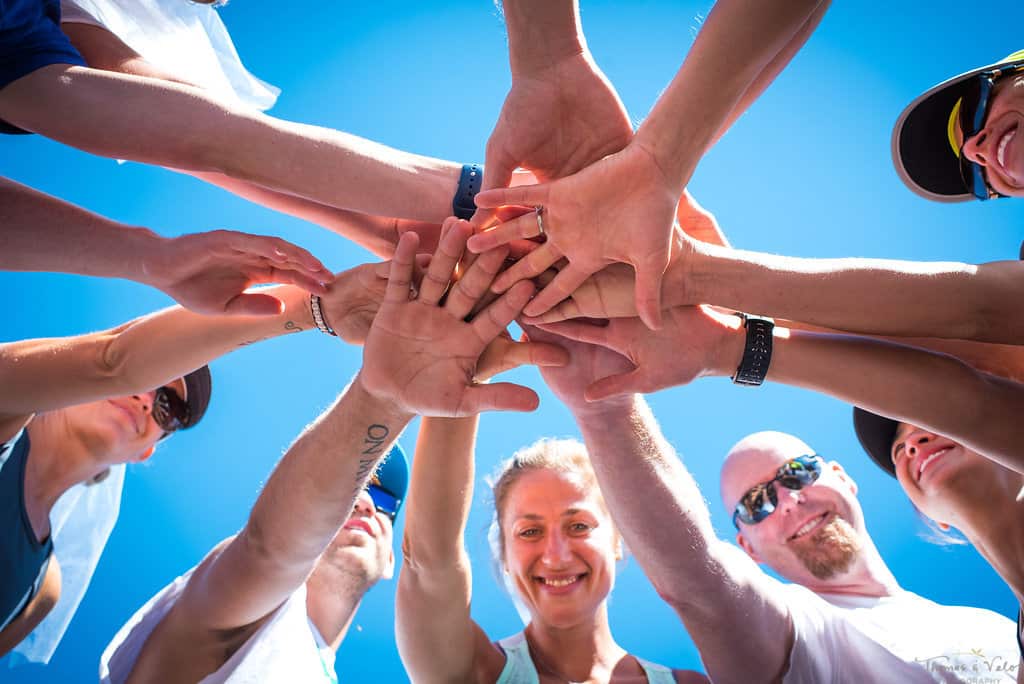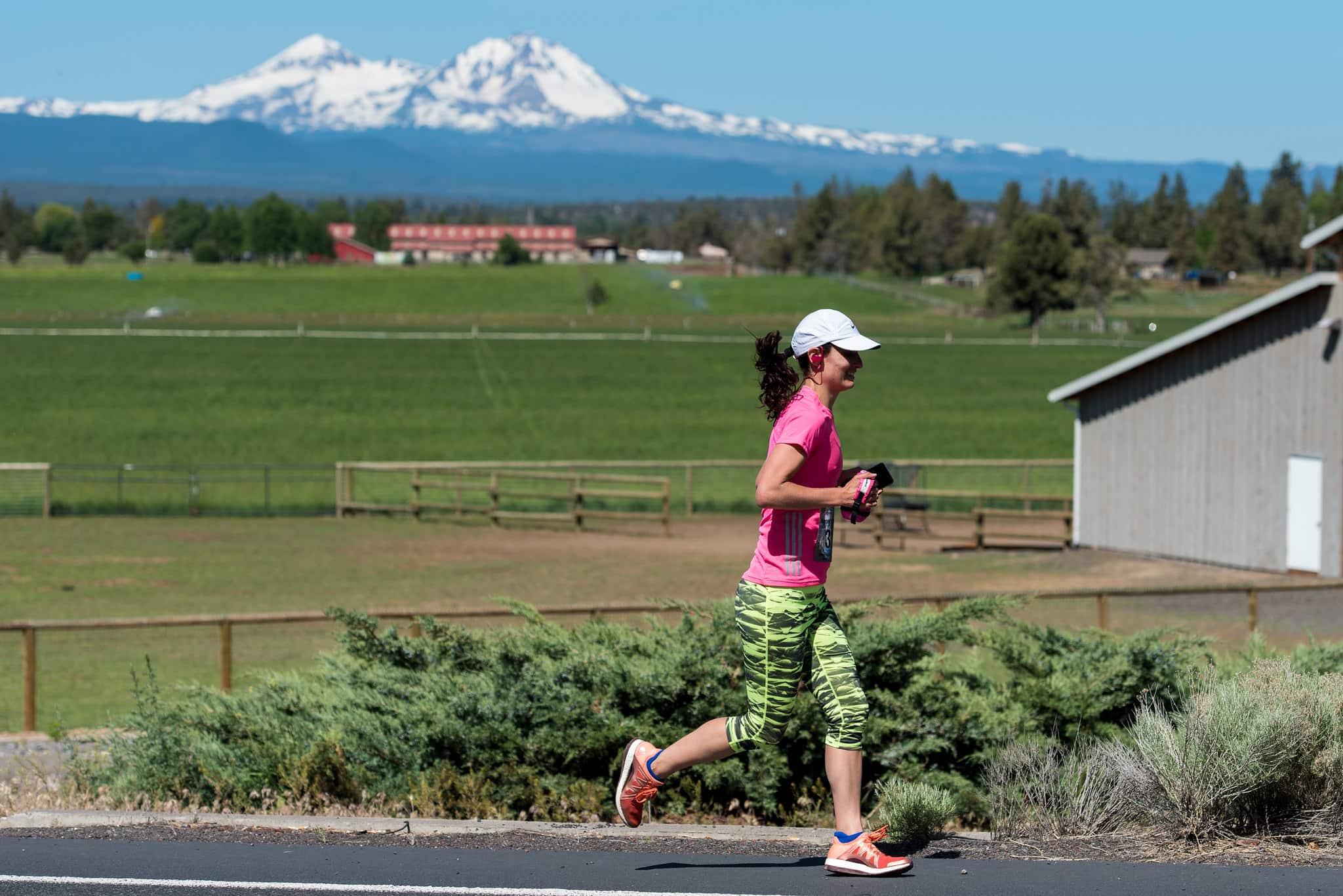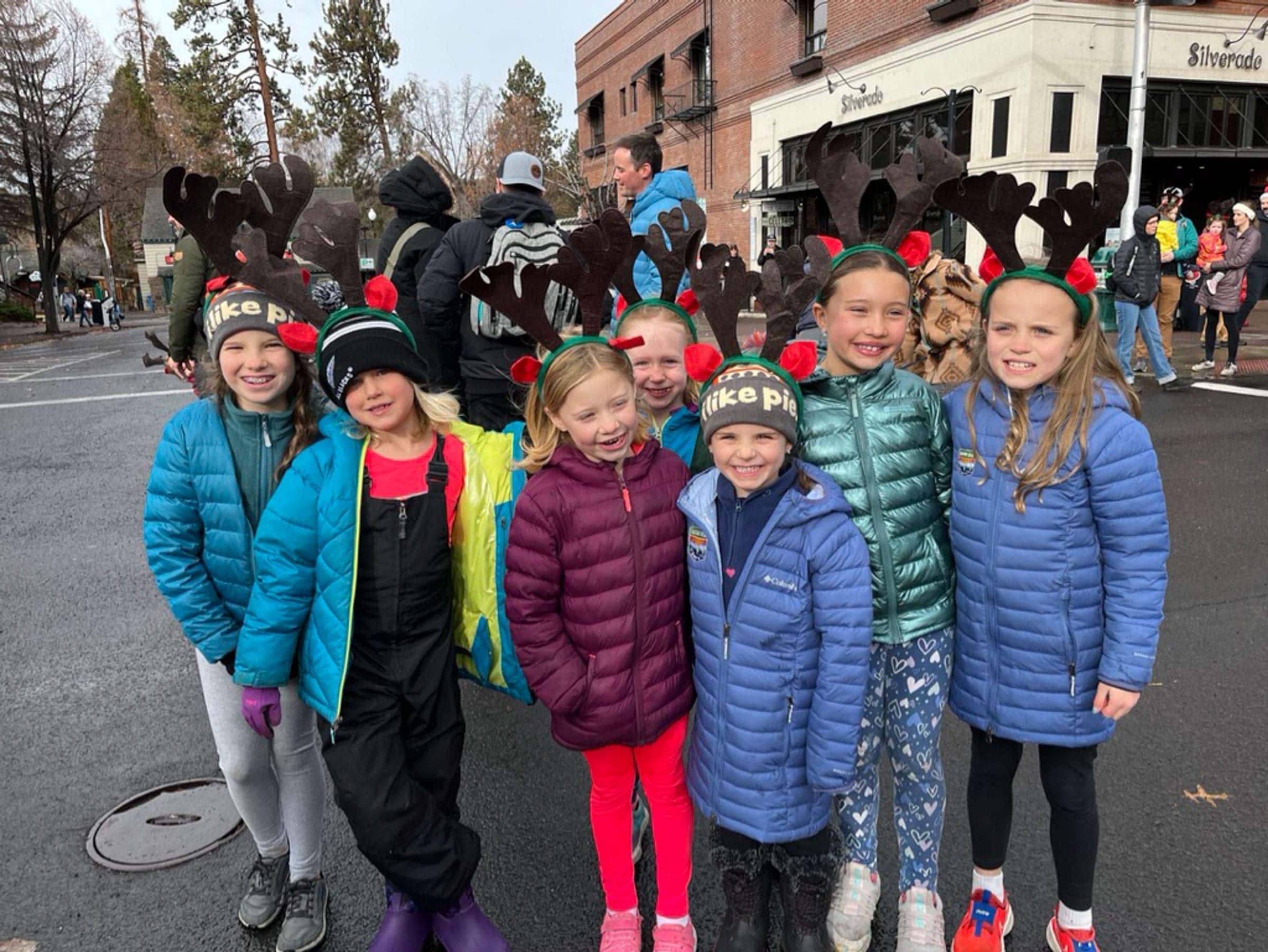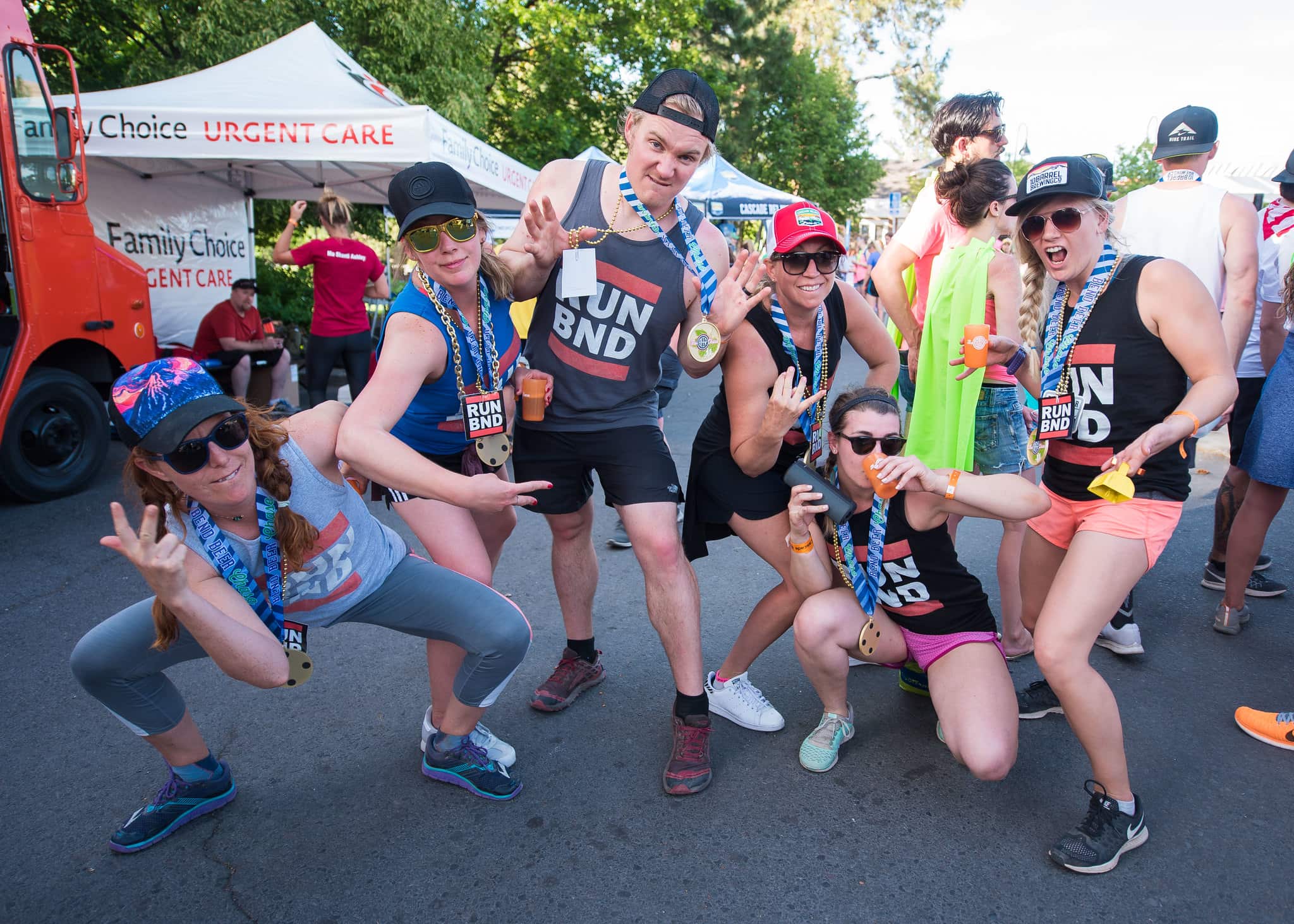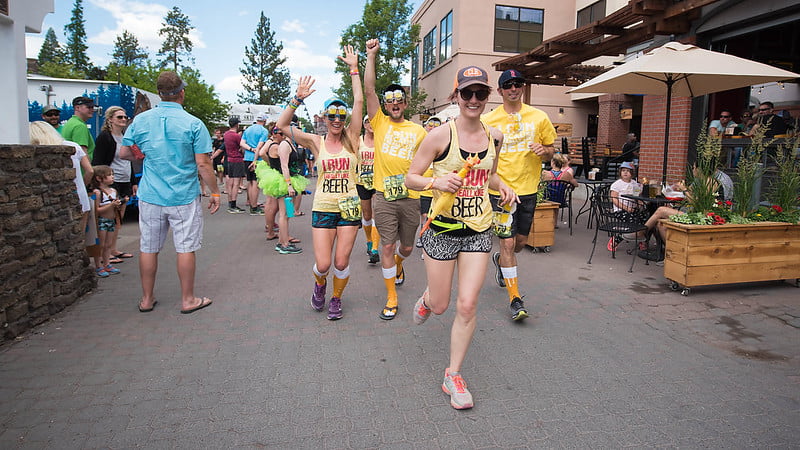What to eat before, during, and after a long distance run
If you are preparing to run a long distance, whether one of Cascade Relays’ awesome relays or any other distance run, it is important to fuel your body with the food it needs for success. Eating right for a long distance event actually starts at least a week before the race itself, and continues after the race is completed. Here we examine the best nutritional choices for long distance runners, so you can run great, and feel great.
A Week to a Few Days Before Your Event:
Because carbohydrates are the primary fuel burned during physical activity, they will be your focus when preparing for a long distance run. Ideally, you want to eat foods that are rich in carbs and moderate to low in protein and fat in the weeks before an event. Your goal should be for at least 65 percent of your calories to come from carbs during the week before a race. Some good food sources of carbohydrates include brown rice, whole grain pasta or bread, potatoes, other starchy vegetables such as corn, beans, and lentils, and fruit. Many nutritional experts also recommend smoothies, oatmeal, and homemade granola.
3 to 4 Hours Prior to Your Event:
On the day of your long distance run, focus on getting mostly carbs and some protein. Pick foods that are easily digestible and won’t cause you to have gastrointestinal discomfort. Some examples of good choices for the morning of your long run include:
- Bagel spread with natural nut butter
- Banana, a protein bar, and a glass of low-fat milk
- Oatmeal with a cup of orange juice
About 15 Minutes Before your Long-Distance Run:
On your long-distance run you don’t want to be hungry- which can cause you to run out of energy and leave you feeling fatigued, nor should you feel heavy and stuffed from a meal immediately before running- which can lead to cramping or annoying side stitches.
For a fast-acting source of energy during the beginning stretch of your run, you might choose to consume a high-carb snack or energy gel around 15 minutes prior to the start of your race. An energy gel or chew can provide you with an energy boost, and will keep you from running on an empty stomach.
During your Run:
When you run long distances, your body is burning through energy and loses small amounts of sodium and other electrolytes through sweat, so you will need to replenish yourself during your run. While you run your race, you want to take in enough carbs and fluids to fuel your run, but you don’t want to overdo it. Filling up or drinking too much during your run can lead to stomach upset, cramps, and indigestion, and can impair your performance.
You can replenish your body during your run by hydrating- with water, or with sports drinks which contain electrolytes. You can maintain hydration levels by drinking 5 to 10 ounces of fluid every 15 to 20 minutes during your long run. Many runners also like to carry high-energy snacks, such as sports gels, chews, and protein bars, in order to replenish lost energy. Choose carb-heavy snacks with a high glycemic index that are small and light to carry.
Immediately After the Race:
After a long run or race, you will need to replace lost fluids and restore glycogen levels. Immediately following your long run or race event, eat a 100–400 calorie snack to aid recovery. Some good choices include water and an energy bar, chocolate milk, orange juice, or a sports drink.
A Few Hours After your Run:
Within two hours after a race or long-run, give your body foods high in carbohydrates and protein. To replenish glycogen stores and rebuild muscles, aim for a 3:1 ratio of carbs to protein. A protein smoothie with a variety of fruit and your favorite protein powder is a great choice for this purpose. Other good choices include a bagel with nut butter, cottage cheese with a piece of fruit, or spaghetti and meatballs.
It is also critical to replace lost body fluids with water, chocolate milk, or a recovery drink. Drink 20 to 24 ounces for every pound of water weight lost during your run in order to replenish your lost hydration.
When you are running long distances, nutrition and hydration matter. But remember, every runner is different, and what works for one long-distance runner might not work for you. During your training, pay attention to how your nutritional choices affect your running and keep a journal recording what works best. On the day of your long-distance event, stick to what you know works for you, and never try new food products on event day. At Cascade Relays, we know every runner is different, and we encourage you to do what works best for you. Interested in joining us on one of our awesomely enjoyable relay races? At Cascade Relays, we offer long distance runs focused on community, friendship, scenic courses, and supporting local non-profits. Visit https://cascaderelays.com to learn more.

